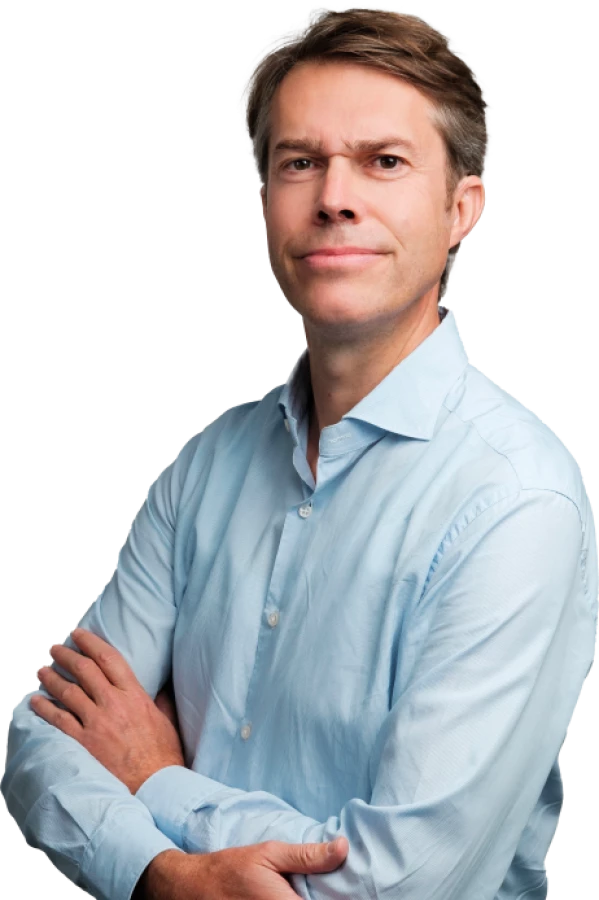"Flexibility as building block of the energy transition"
An important aspect of the energy transition is flexibility, a subject that was talked about by several speakers. There are several flexibility mechanisms at play, like market-based, cost-based, and technical flexibility. This means market players like the TSO and DGO have to choose which mechanism is the most efficient in relation to network problems (such as possible future congestion).
"A new market model is necessary to sustain and enable changes and innovation"
The changing energy mix and relations between market actors due to the energy transition force players to look at the current market model and think about market design changes to sustain innovation and integrated cooperation in the future.
"Renewable H2 production is cheaper where RES are abundant"
H2 and its derivates enable us to import cheap renewable energy. Belgium is perfectly placed to import large amounts of renewable H2 into the EU. The transit and imports of H2 combined with the renewables surplus can support the industry, heavy transport, buildings, and electricity sector.
"Long-term investments are crucial to support the shift from gas to electricity
Fluvius simulated the number of networks potentially affected by congestion. While in 2023 only very few communities have a slightly elevated risk of 10 to 20 percent, that risk is expected to increase tremendously by 2032. Therefore, the electricity network will be reinforced as part of Fluvius' "no-regret action plan." Additionally, the net is to be digitalized by means of digital meters and cabins. Regarding gas, the number of connections is expected to decrease long-term, which is why the investments focus on improving the currently existing gas network and not further expanding it.
"Frugality, energy efficiency, electrification and decarbonization can provide the solution to achieving carbon neutrality.'
To achieve carbon neutrality, a comprehensive approach encompassing four crucial elements emerges. Frugality, marked by conscious consumption and practices, lays the groundwork. Energetic monitoring plays a pivotal role in fostering this. Energy efficiency stands as another pillar, optimizing energy use at its core. Further, electrification, with its capacity to diminish energy demands through heightened efficacy, stands prominently among these solutions. Ultimately, decarbonization necessitates the integration of innovative technologies, marking a transformative step toward sustainable practices and a carbon-neutral future.






